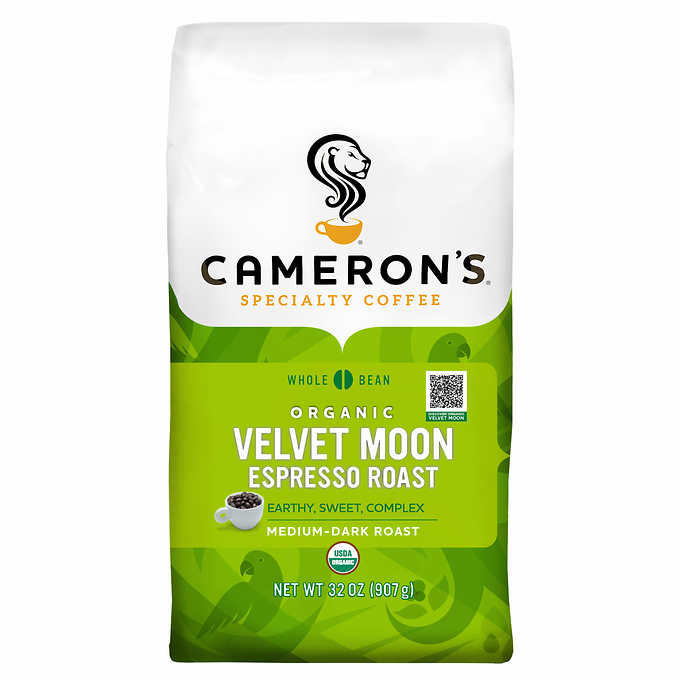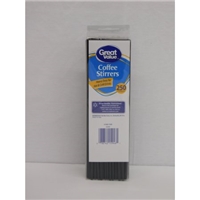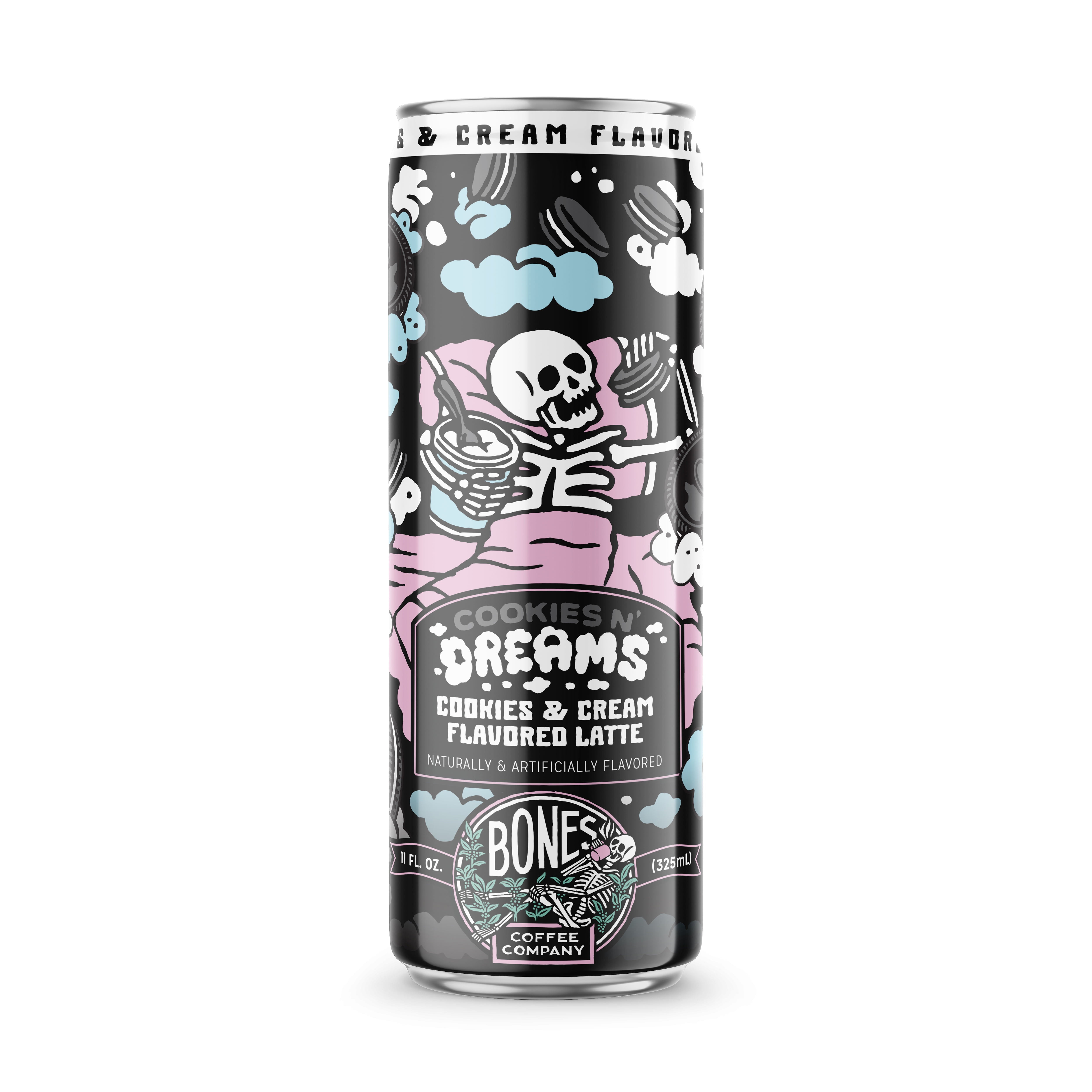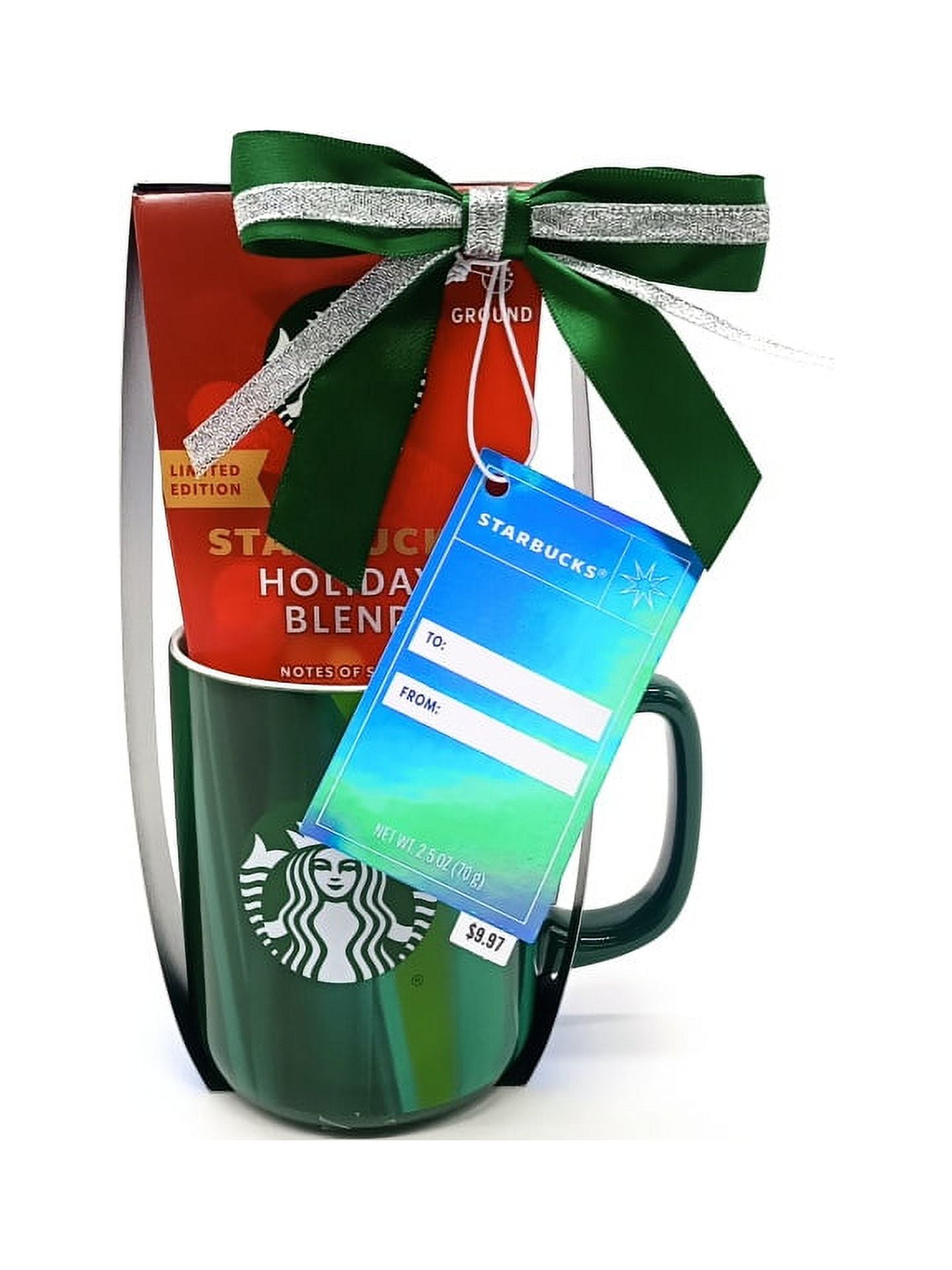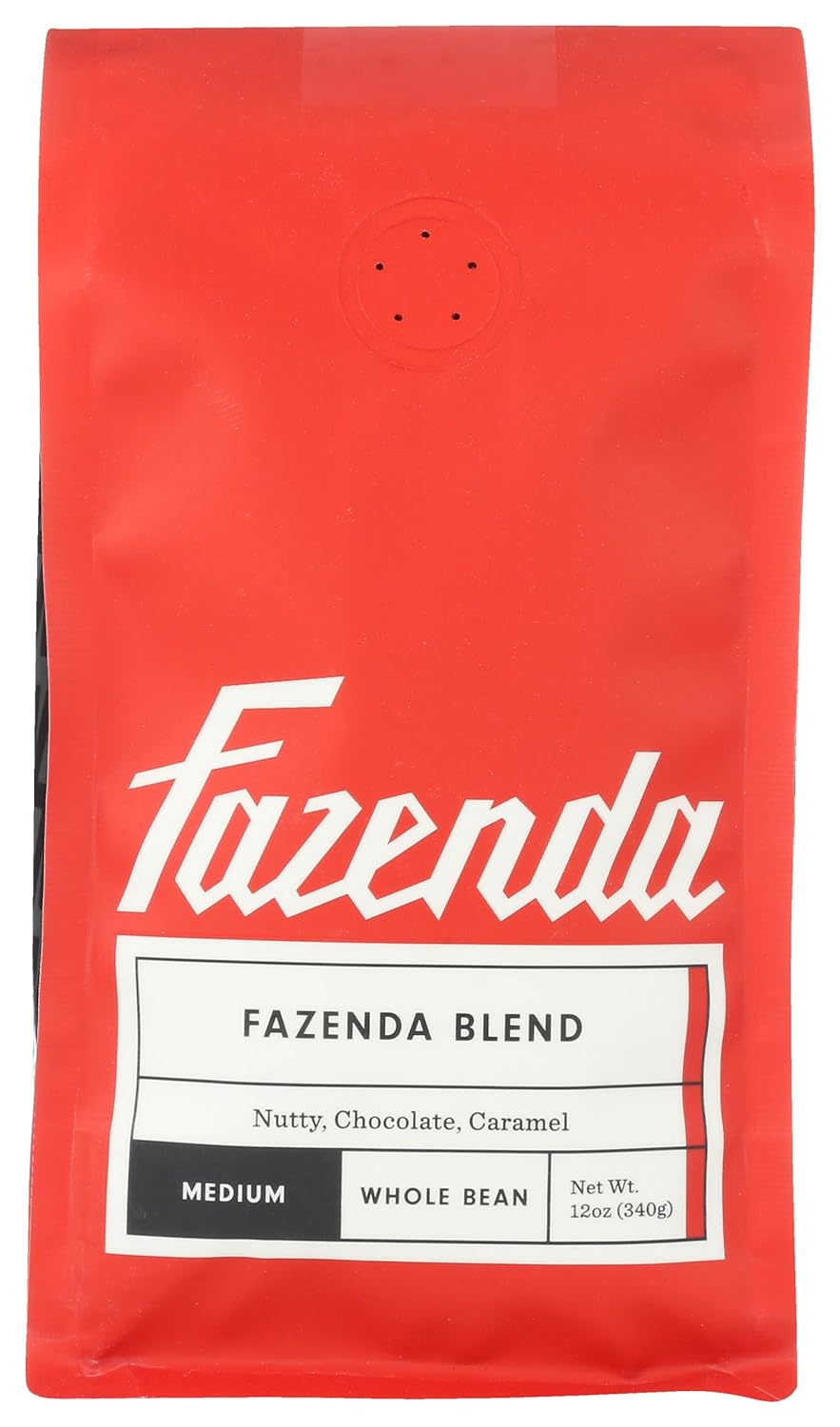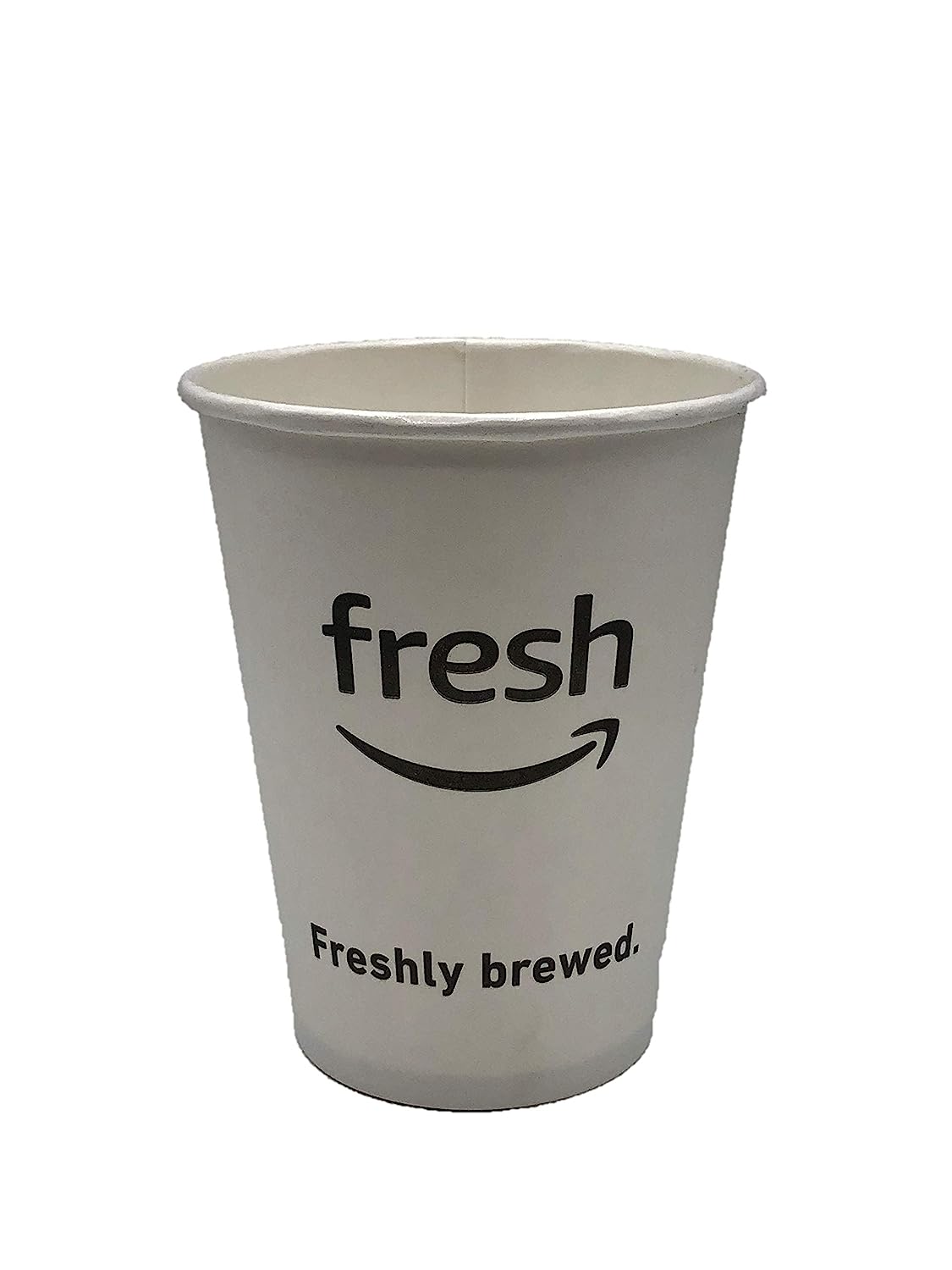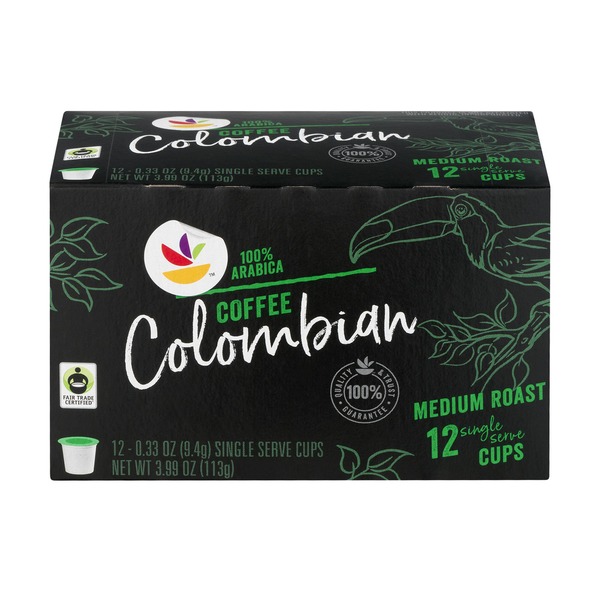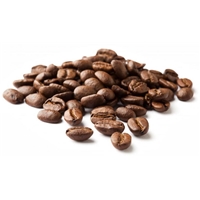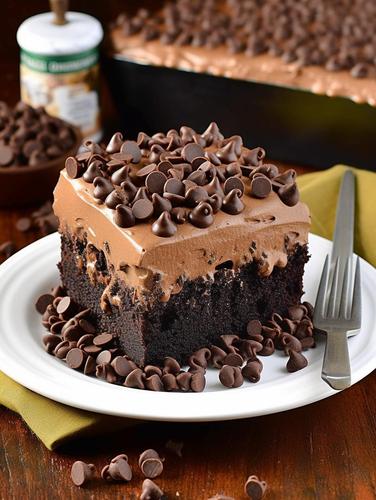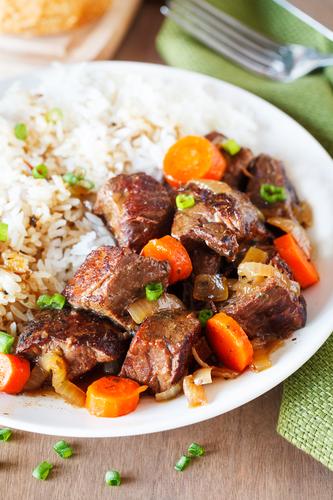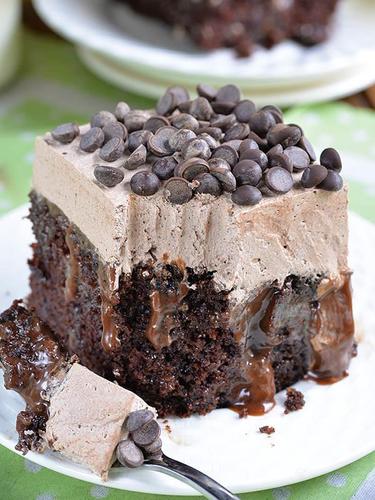BEVERAGES
BREAKFAST AND BRUNCH
Coffee
Coffee, a globally beloved beverage, is derived from the roasted seeds of Coffea plants. With origins in ancient Ethiopia, coffee has become deeply ingrained in various cultures, shaping social interactions and daily routines while providing a rich sensory experience. It is prized for its stimulating effects, complex flavors, and aromatic qualities, resulting from the combined influence of the beans' origin, processing, and roasting techniques.
Home enthusiasts and professional baristas alike enjoy experimenting with coffee brewing methods, such as espresso, pour-over, and French press. Coffee lends itself well to creative beverage-making, allowing for a vast array of hot and cold concoctions, often including sweeteners, milks, and flavorings. As an ingredient in recipes, coffee enhances both sweet and savory dishes, delivering a depth of flavor and a unique taste profile.
0%
CARBS
14%
FAT
86%
PROTEIN
10,816 Coffee Products
Cameron's Specialty Coffee Organic Velvet Moon
Diamond Great Value Blk Coffee Stirrers 250ct
Bones Coffee Ready to Drink Coffee 11 fluid ounce Can Cookies N' Dreams Latte
KING BEAN COFFEE ROASTERS Sullivan's Blend
Green Holiday Mug with Holiday Blend Coffee
FAZENDA COFFEE ROASTERS Fazenda Blend Coffee
Starbucks Frappuccino Lite Double Chocolate Gelato Chilled Coffee Drink
Fresh Prepared, Coffee
SB Colombian 100% Arabica Coffee
Coffee
Used In 85 Recipes
1
Velvety Coffee Cake with Crunchy Walnut Topping
2
Decadent Chocolate Truffle Poke Cake
1
Raspberry Bliss Chocolate Bundt Cake
2
Irresistible Coffee Cupcakes
3
Simplified Sweet Pumpkin Spice Latte
1
Slow Cooker Pot Roast
1
Peanut Butter Mocha Overnight Oats
21
Chocolate Poke Cake
Coffee Is Frequently Used With
Coffee FAQ
There's a lot to learn about coffee, from how to brew it for the best flavor, to how to use it in cooking. When brewing coffee, many individuals tend to use incorrect water to coffee ratios or they don't grind their beans properly resulting in a cup that's too weak or too strong. The extraction process greatly influences the final taste of the coffee; an overly long or short extraction can make your coffee taste too bitter or too sour respectively. The water temperature also plays a crucial role in the extraction process. The trick is to aim for a temperature between 195 to 205 degree Fahrenheit for optimal extraction.
In terms of cooking with coffee, it can be used in both sweet and savory recipes to add a deep, robust flavor. However, people often make the mistake of using coffee that’s too weak, which doesn't impart any significant flavor to the dish. No need to limit coffee's use to desserts — it pairs well with spices like chili powder and cumin for rich, meaty dishes, and can be used to make a delicious marinade or dry rub. Coffee also pairs excellently with chocolate, amplifying its deep, rich flavors. A little known hack: lightly sprinkle coffee grounds over the top of a dish before serving, to add a unique visual and taste twist.
The above being said, it's important to note that not all kinds of coffee are created equal and the flavor profile can change significantly depending on the region it was grown, how it was processed and roasted. Experimenting with different types is key to finding your personal favorite.
How can I use coffee in baking?
What's the difference between light roast and dark roast?
Can I reuse coffee grounds?
What is the best coffee to water ratio?
Can coffee be used as a meat tenderizer?
What's the best way to brew a cup of coffee?
How should I grind my coffee?
What type of water should I use to brew coffee?
Can I use coffee in cooking?
Should I buy pre-ground coffee or whole beans?
Expiration & Storage Tips
When does coffee expire?
Unopened coffee beans can be stored for up to nine months in a pantry, and longer if refrigerated or frozen. Once a bag of coffee beans has been opened, it's best to use them within a month if stored in a pantry and within three months if stored in a refrigerator. Ground coffee, once opened, should be used within two weeks for optimal flavor. If you go as far as freezing your coffee (which isn't generally recommend unless you don't have other choices) you can expect it to last for a maximum of three to five months. Instant coffee can last up to twenty years unopened in the pantry or indefinitely if stored properly.
How do you tell if coffee is bad?
Different than most food products, coffee doesn't go 'bad' in the same way—it just becomes stale. This staleness is the result of oxidation, and is evidenced by a stale, bitter or generally unpleasant taste. Unfortunately, you can't visually decide if coffee has gone bad, but you can smell it. Fresh coffee should always smell like, well, fresh coffee. If it has a neutral smell, it's past its prime. If it smells like almost nothing or has a slightly moldy smell, you should definitely throw it out.
Tips for storing coffee to extend shelf life
• Store your coffee in airtight, opaque containers. This keeps out both air and light, both of which will degrade your coffee.
• Store your coffee at room temperature. Coffee does not like extreme temperatures, so the pantry, not the fridge or freezer, is the perfect place.
• Buy coffee in small quantities. This way, you won't have to worry about storing large amounts of it for extended periods.
• Avoid storing coffee near spices or aromatic foods. Coffee absorbs odors, so for the purest coffee flavour, keep it away from other strong-smelling items in your pantry.
EXPIRES WITHIN
5 - 8
MONTHS
Equivalents
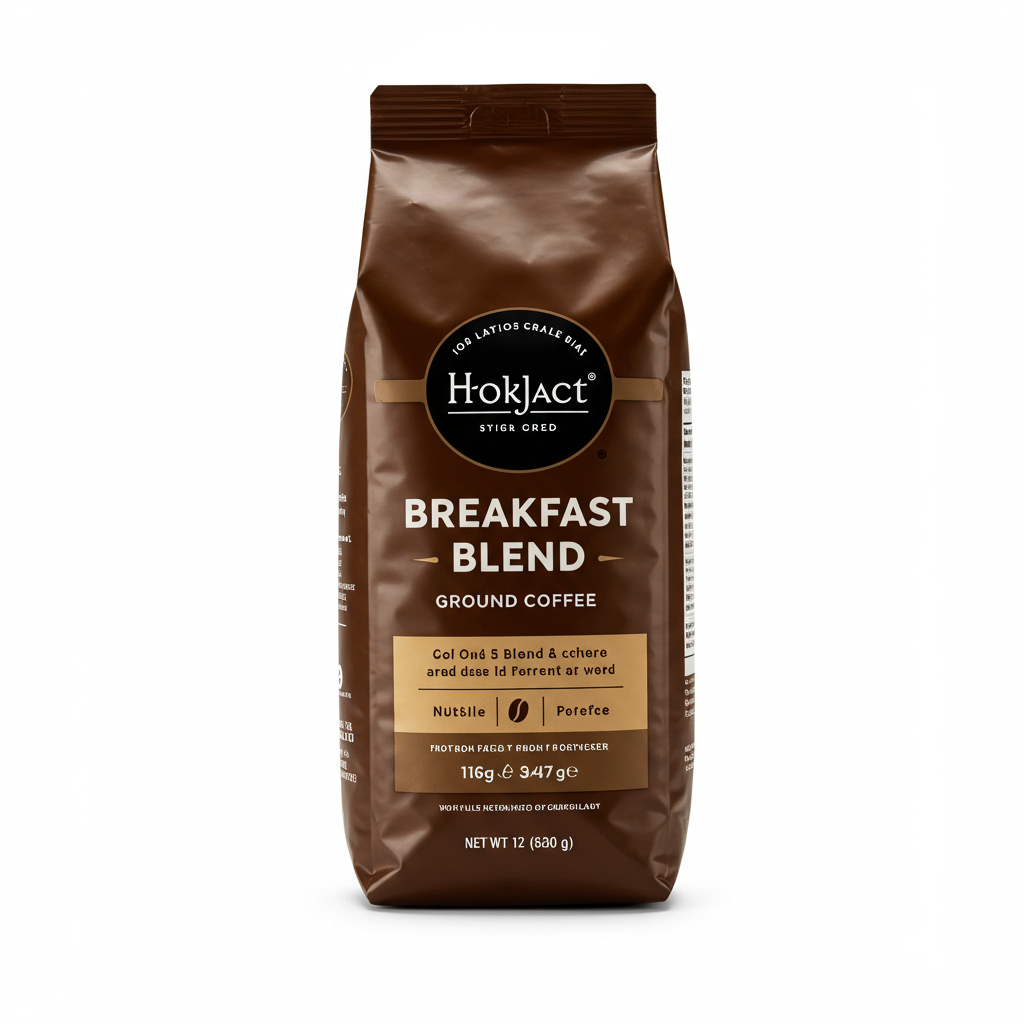
Breakfast Blend Ground Coffee
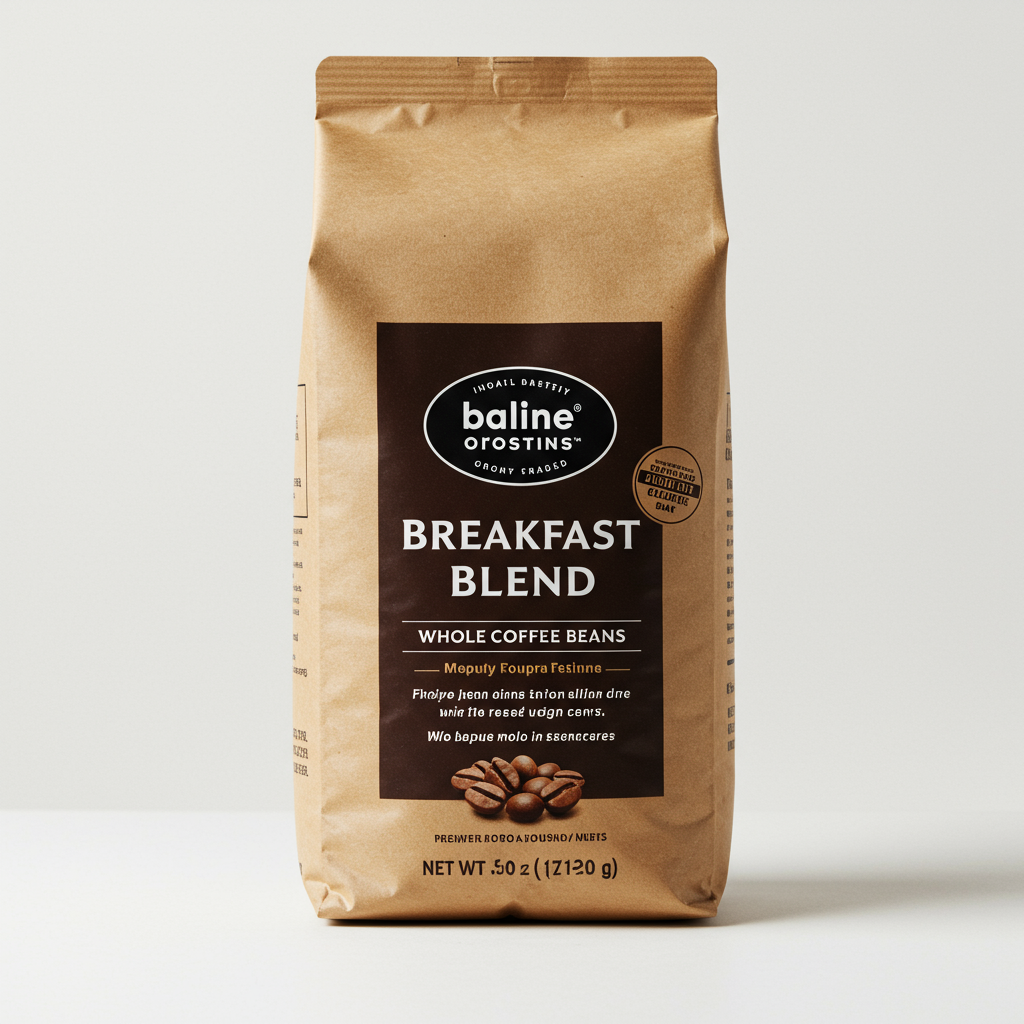
Breakfast Blend Whole Coffee Beans

Dark Roast Ground Coffee

Dark Roast Instant Coffee

Dark Roast Whole Coffee Beans
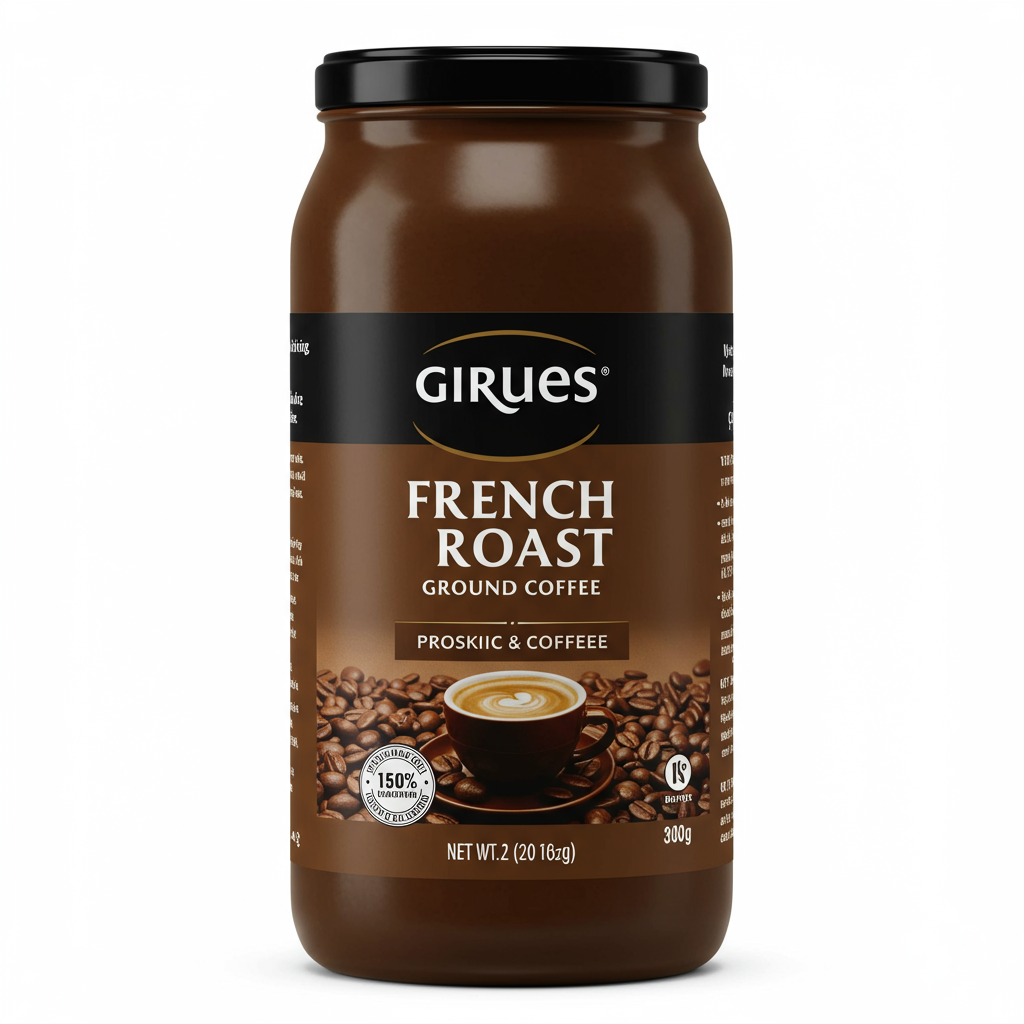
French Roast Ground Coffee

French Roast Whole Coffee Beans

Ground Coffee

Ground Espresso Coffee

Instant Coffee

Instant Espresso
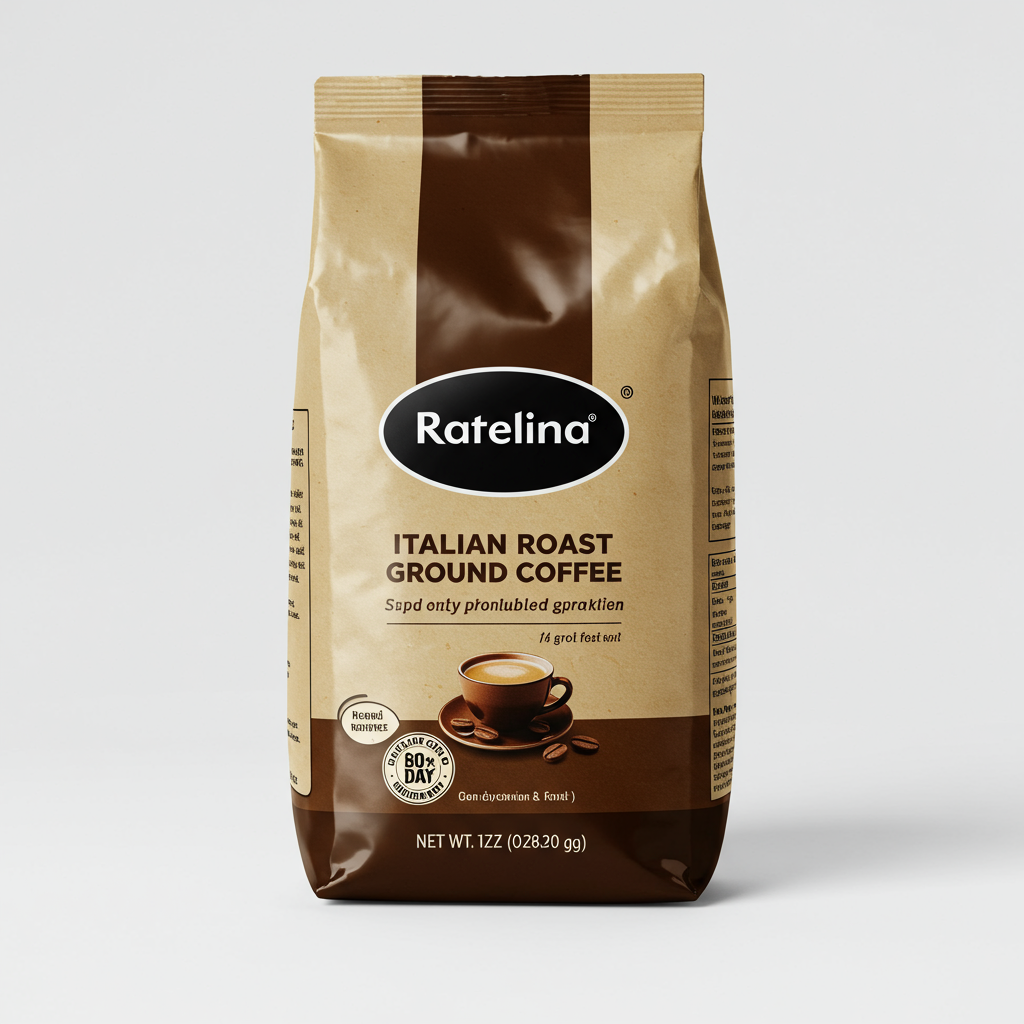
Italian Roast Ground Coffee

Light Roast Ground Coffee

Light Roast Whole Coffee Beans

Medium Roast Ground Coffee

Medium Roast Instant Coffee

Medium Roast Whole Coffee Beans

Whole Coffee Beans
Substitutes
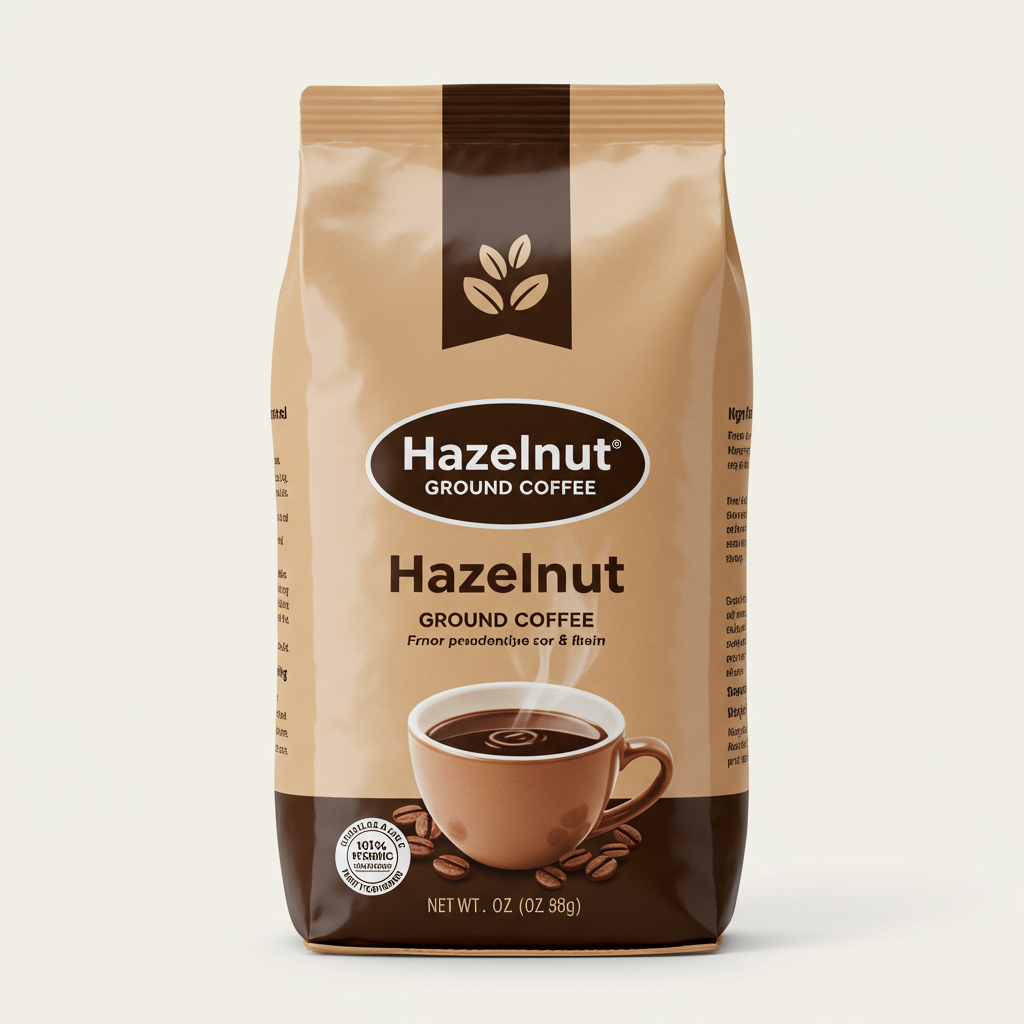
Hazelnut Ground Coffee
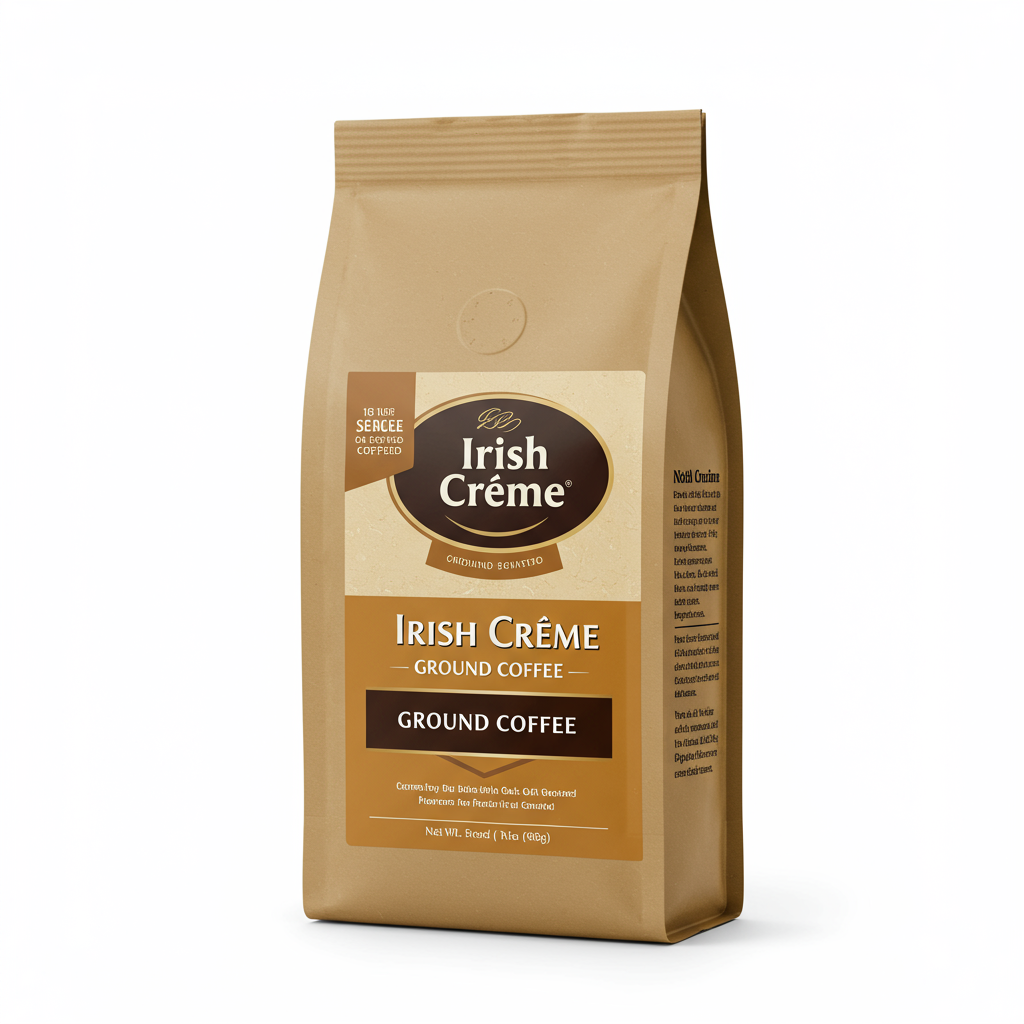
Irish Creme Ground Coffee
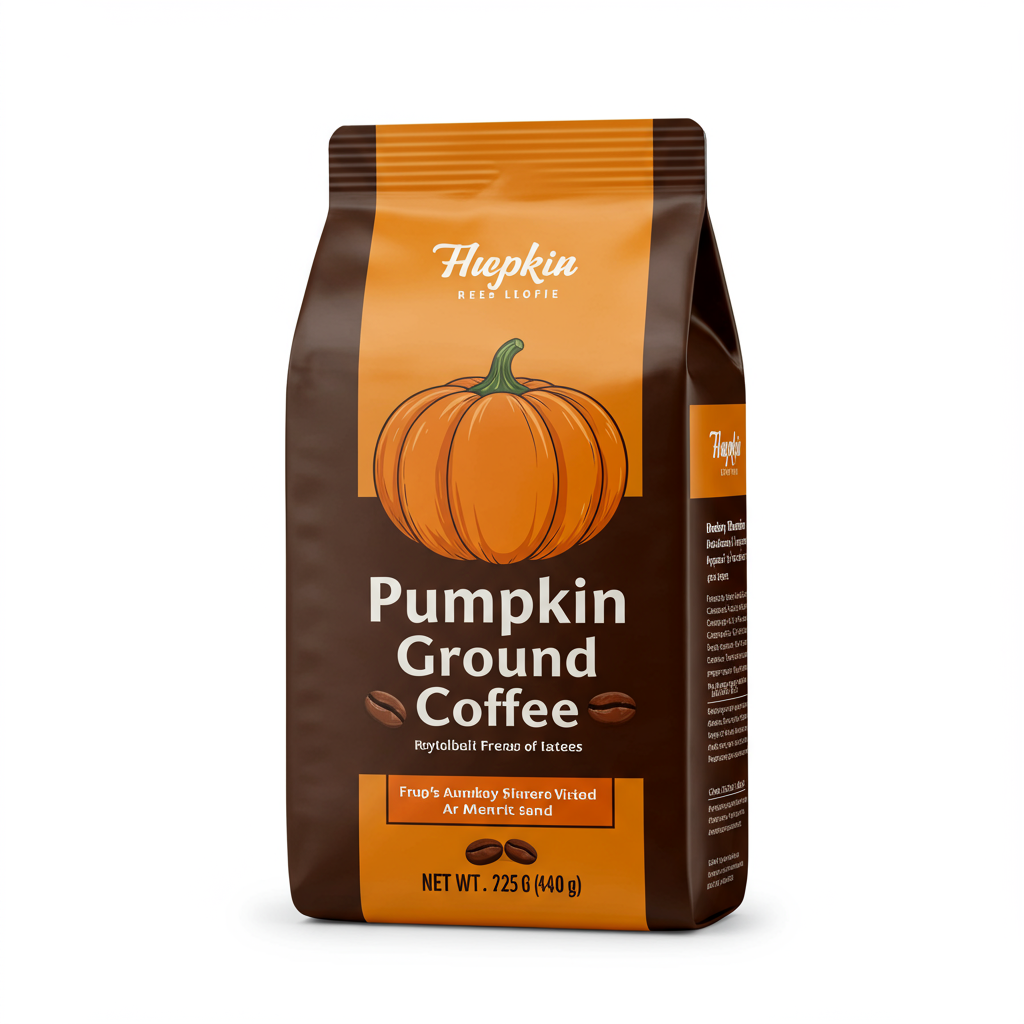
Pumpkin Ground Coffee
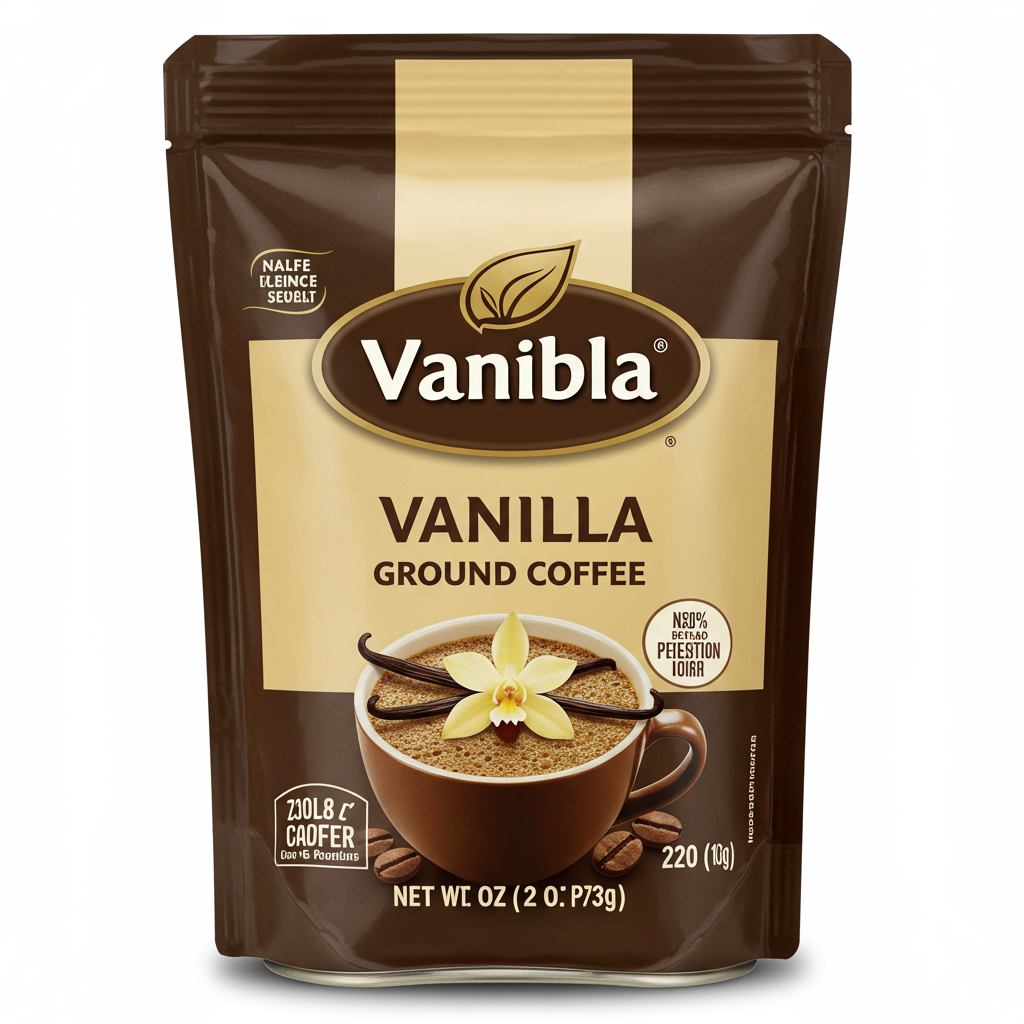
Vanilla Ground Coffee

Decaffeinated Instant Coffee

Decaffeinated Ground Coffee
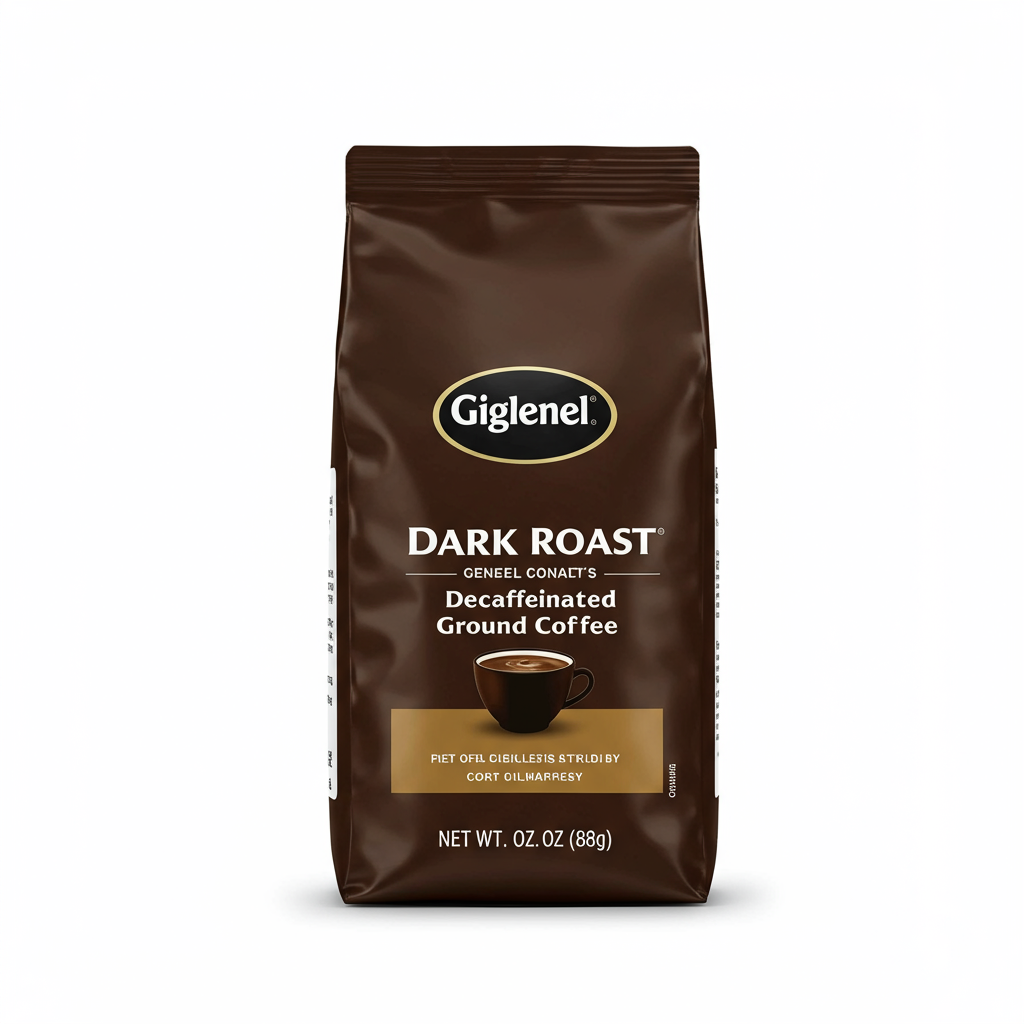
Dark Roast Decaffeinated Ground Coffee

Low Caffeine Ground Coffee

Medium Roast Decaffeinated Ground Coffee

Decaffeinated Whole Coffee Beans
See All
Health Info
Macros
0g
CARBS
0g
FAT
0g
PROTEIN
Allowed on these diets
LOW FAT
HIGH CALCIUM
VEGETARIAN
KETO
PALEO
WHOLE 30
MEDITERRANEAN
LOW CARB
VEGAN
LACTOSE FREE
GLUTEN FREE

